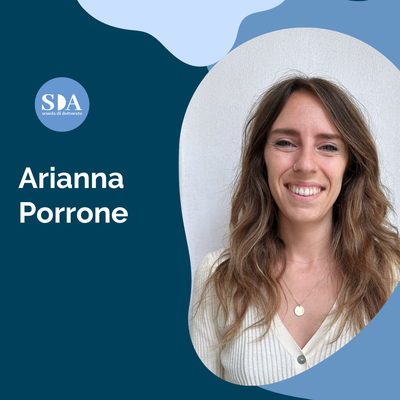Arianna Porrone
KEYWORDS: ecological restoration; care; epistemologies of care; ecofeminism; post-human; vulnerability

Abstract
L’Antropocene – termine con il quale le scienze naturali si riferiscono all’epoca in cui viviamo per evidenziare l’impatto dell’essere umano sul mondo naturale – sembra in realtà segnare la fine dell’eccezionalismo umano. La crisi ecologica e la recente crisi sanitaria pongono infatti l’umanità di fronte alla necessità di confrontarsi con la precarietà del tempo presente. Di fronte a questa sfida, l’Assemblea Generale delle Nazioni Unite ha inaugurato il “Decennio per il ripristino dell’ecosistema” (2021-2030). La mia ricerca contribuisce al dibattito sulla riparazione ecologica, ri-raccontando le teorie del diritto e della governance ambientali in materia, in chiave ecofemminista e postumana. Un approccio narrativo permette di contaminare l’immaginario apocalittico che soffoca ogni tentativo di riparazione, con una pluralità di ontologie/storie altre, in grado di prendersi cura dei rapporti fra mondo umano e più-che-umano.
The Anthropocene – the term employed by the natural sciences to refer to the epoch in which we live to mark the unprecedented impact of human beings on the natural world - really appears to mark the end of human exceptionalism. The ecological crisis and the recent health crisis indeed are forcing humanity to confront the precarity of the present time. Faced with this challenge, the United Nations General Assembly inaugurated the "Decade for Ecosystem Restoration" (2021-2030). My research contributes to the debate on ecological restoration by re-storying environmental law and governance from an ecofeminist and posthuman perspective. Such approach allows to contaminate the apocalyptic imaginary that suffocates any attempt at restoration, with a plurality of other ontologies/stories, care-full to the manyfold relations between the human and more-than-human world.
- EMAIL: a.porrone@unimc.it
- ORCID: 0000-0002-0126-8231
- RESEARCHGATE







